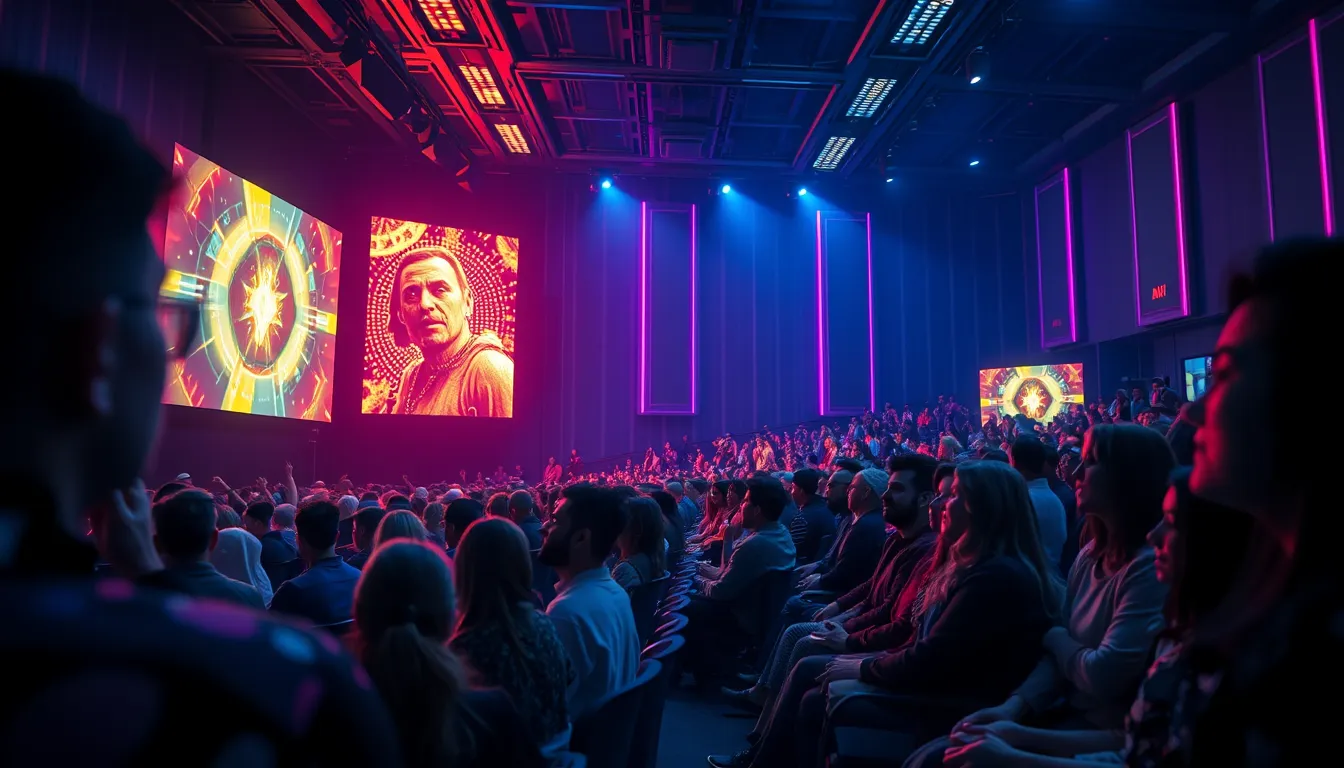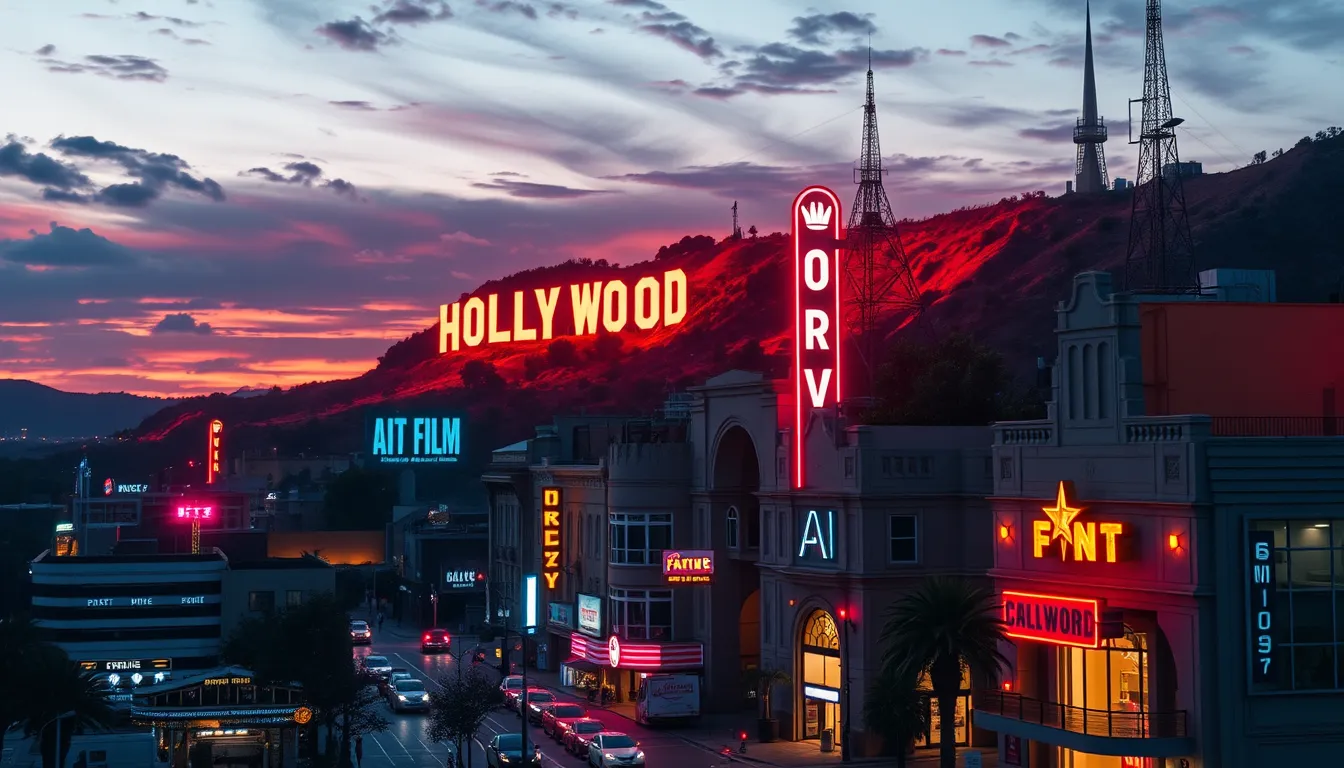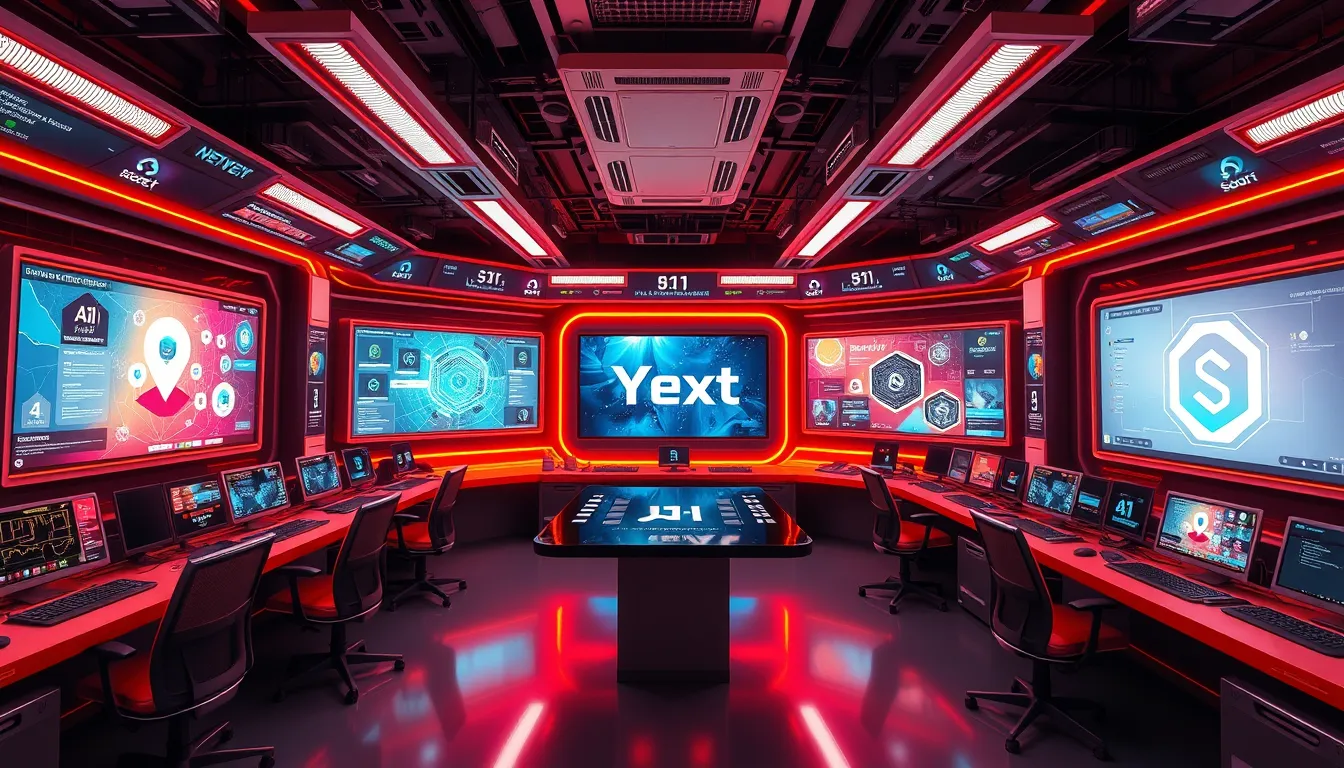Now Reading: Cutting-Edge AI Film Festival: Computational Art & ML Cinema
-
01
Cutting-Edge AI Film Festival: Computational Art & ML Cinema
Cutting-Edge AI Film Festival: Computational Art & ML Cinema

Cutting-Edge AI Film Festival: Computational Art & ML Cinema
The recent AI film festival provided a visionary glimpse into the future of cinema. Attending the event was an immersive journey where advanced algorithms met creative storytelling, opening up new dimensions in computational art. This pioneering festival not only showcased innovative narratives crafted by machine learning but also sparked essential discussions on the impact of AI on creative expression and the ethics of machine learning in film.
A New Era of Digital Art Screening
At the core of the festival was the celebration of digital art screening. Through a series of experimental films and interactive film segments, the event illustrated how digital techniques and advanced algorithms are redefining cinema. The convergence of technology and art was on full display, emphasizing that an AI film festival is far more than a mere exhibition—it is a dynamic dialogue between technology and traditional film techniques.
Key highlights of the festival included:
- Unique interactive film segments where viewers influenced the narrative in real-time.
- Displays of computational art that challenged perceptions of human creativity.
- Engaging debates about the role of advanced algorithms in redefining aesthetics.
Revolutionizing Film Through Advanced Algorithms
One of the standout aspects of the event was the integration of advanced algorithms in storytelling. Films at the festival demonstrated that when computational art meets cinematic vision, the result is a new form of interactive narrative. These films touched upon several crucial themes:
Impact of AI on Creative Expression
The festival emphatically showcased how an AI film festival can reshape creative expression. Machine learning cinema, which marries digital innovation with artistic intuition, opens a pathway for creators to explore untapped potential in narrative design. This section of the festival dedicated space to debates on how AI influences traditional film-making methods, asking questions such as:
- How does machine learning transform creative processes?
- Can technology augment the human element in storytelling while preserving its soul?
Ethics of Machine Learning in Film
As much as the AI film festival celebrated innovation, it also cast a spotlight on pressing ethical issues. Panels and discussions were held on the ethics of machine learning in film, addressing concerns like intellectual property rights and the preservation of artistic authenticity. Experts deliberated on whether AI, when given creative leeway, could inadvertently overshadow human creativity, thereby prompting a careful re-examination of artistic responsibility. These debates further emphasized:
- The need for clear guidelines in AI-generated art.
- The importance of safeguarding human contributions in creative domains.
Measuring Creativity in Computational Art
Determining the creative value of AI-generated work remains a challenge. Critics at the AI film festival argued over the metrics of measuring creativity in computational art. They discussed established artistic standards versus new benchmarks that could evolve with digital art’s growth. The conversation extended to how film critics and audiences could appreciate works where creativity is intertwined with algorithmic design rather than solely with human input.
Challenges of Intellectual Property in AI Generated Art
Another key recurring theme was the challenge of intellectual property in AI generated art. As the line between machine-created content and human curation blurs further, legal frameworks need to catch up with technological advances. The festival provided a platform for legal professionals, artists, and technologists to explore solutions for protecting creative works in the digital age.
- Discussions included the role of copyright in digital creations.
- New proposals aimed at defining ownership in art collaboratively created by humans and AI.
Interactive Experiences and Audience Engagement
Beyond the films themselves, the festival provided interactive experiences that deeply engaged audiences. Workshops and Q&A sessions allowed attendees to interact with the filmmakers and AI developers behind the scenes. This direct connection fostered a greater understanding of how machine learning cinema is crafted, and it encouraged public discourse about the future of digital art screening.
Conclusion – A Dynamic Future for Cinema
The AI film festival was not just an event for showcasing new films; it was a comprehensive exploration into how technology is reshaping creative expression. The experience urged audiences to look beyond traditional storytelling methods and consider the collaborative potential between human ingenuity and advanced computational techniques. By dissecting topics such as the impact of AI on creative expression, the ethics of machine learning in film, and the challenges of intellectual property in AI generated art, the festival set the stage for a future where art and technology continuously evolve together.
In summary, the AI film festival serves as a powerful demonstration of how the intersection of computational art and machine learning cinema is creating new narrative landscapes. It encourages filmmakers, artists, and audiences alike to rethink creativity, engage with ethical challenges, and embrace technological innovations. As discussions and debates continue to shape this emerging field, one thing remains clear: the future of film is as much about innovative technology as it is about creative expression.
For further reading on related topics, consider exploring trusted resources on digital art innovation and AI ethics in film.

























